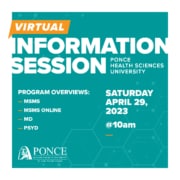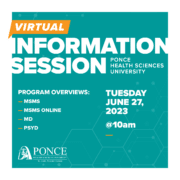Getting into Med School with a Low GPA: Overcoming Obstacles
Is it Possible to Get Into Medical School with a Low GPA?
You may be asking yourself, can I get into med school with a low GPA ? Well, having a low GPA doesn’t have to mean it’s impossible to get into medical school. There are ways to make up for a lower GPA and strengthen your overall application.
A few tips to consider when applying to medical school with a low GPA include supplementing your academic record with additional courses, including, but not limited to an additional degree l, attempting to explain any extenuating circumstances that might have negatively impacted your GPA, and highlighting special achievements and other accomplishments that may demonstrate resilience and dedication.
Overcoming Obstacles
It can be difficult to get into medical school if you come from a disadvantaged background or if you’re facing obstacles such as a low GPA. However, with perseverance and dedication, it is possible to get into medical school.
Consider taking a gap year to boost your academic record, and research any scholarships or grants available to help offset the cost of medical school. Additionally, find an academic mentor or coach who can offer you helpful advice and guidance.
Making the Most of Your Application
When applying to medical school, it’s important that you make the most of your application. Take the time to craft an informative and compelling personal statement that will set you apart from other applicants. Your statement should be strategic and reflect your journey to bring your application to life.
Additionally, strive for excellence with your MCAT score, and provide letters of recommendation from faculty and instructors who can speak to your academic accomplishments, leadership skills, and commitment to medicine. Finally, participate in clinical shadowing, research or volunteer opportunities that can demonstrate your passion for the field.
Reaching Out for Help
Don’t hesitate to reach out for help when it comes to getting into medical school. Talk to experts in the field, ask for advice from experienced professionals, and connect with current medical students who can provide insight into the application process. Additionally, some medical schools may offer mentorship programs that can provide guidance on the academic and social aspects of medical school.
Don’t forget to explore every financial aid opportunity available, as there are many sources of funding to help make medical school achievable.

Have Questions? We’ve Got Answers.
Contact us to speak to an advisor and learn more about PHSU St. Louis.









